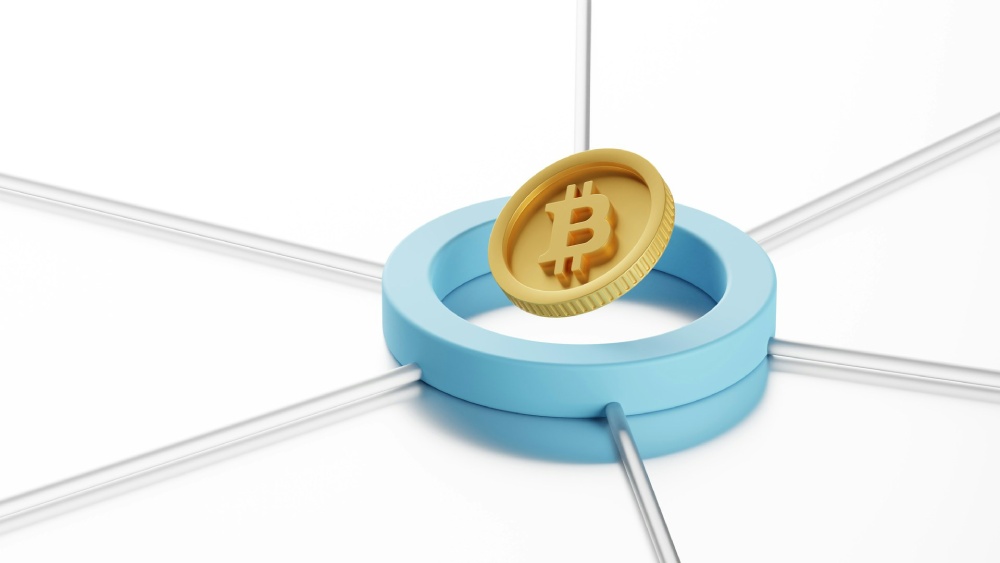As cryptocurrencies and blockchain technology go mainstream, you’ve likely heard the term “smart contracts” thrown around a lot. But what exactly are these self-executing agreements and how are they being used? Read on to get simple explanations in simple terms for smart contracts including, how they interact with crypto wallets, and considerations around their risks.
What Are Smart Contracts?
A smart contract is software code that automatically executes an agreement’s terms on a blockchain. It’s the digital equivalent of a traditional paper contract, but with the ability to digitally facilitate, verify and enforce the negotiation or performance of an agreement automatically.
An easy analogy is a vending machine, which takes money and dispenses items according to hardcoded rules. Similarly, smart contract code specifies rules like payment terms, account balances and delivery conditions. It automatically moves digital assets between accounts when those rules are encoded and triggered.
Smart contracts have unique addresses allowing them to receive and send transactions on a blockchain. When its encoded rules are met by certain triggers related to blockchain account activity, external data sources or other inputs, a smart contract self-executes to perform actions like releasing funds to counterparties.
How Wallets Interact With Smart Contracts
Cryptocurrency wallets enable users to create and use smart contracts in a few ways. Wallets provide secure storage and transaction capabilities needed to send the crypto payments that often power smart contracts. Popular smart contract platforms like Ethereum support these complex payment conditional logics.
Wallets also allow users to deploy new smart contracts onto the blockchain by submitting the code and covering required network fees. Once created, wallets let users securely send any data or crypto payments to trigger that contract’s execution based on its programmed rules and conditions. It’s always wise to check how approvals manage smart contract permissions.
Many wallets also feature decentralized app (dApp) browsers that provide easy access to blockchain apps built on smart contract platforms. Through a wallet’s dApp interface, crypto users can access and leverage these apps powered “under the hood” by smart contracts.
Smart Contract Security Considerations
While innovation around smart contracts provides new possibilities, some risks still exist around their usage. Because contract logic on a blockchain is typically immutable and irreversible absent complex upgrades, bugs and security holes can create costly disasters.
If vulnerabilities exist in smart contract code or dApps interacting with them, substantial unintended financial, data and opportunity costs can manifest absent the ability to edit production code or undo transactions. Steps are being taken ecosystem-wide to address related risks and harm mitigation approaches.
To safely harness smart contracts while understanding risk factors, users should leverage high-quality audited contract code, reputable apps and wallet best practices. Avoiding suspect offers, ensuring technically sound interactions and understanding dispute options related to participating in decentralized software protocols are also prudent steps.
Like any technological building block, smart contracts present exciting possibilities along with necessary precautions as adoption accelerates. Education, competency-building and embracing evolving best practices as participants will allow users and innovators to tap into that immense potential.



